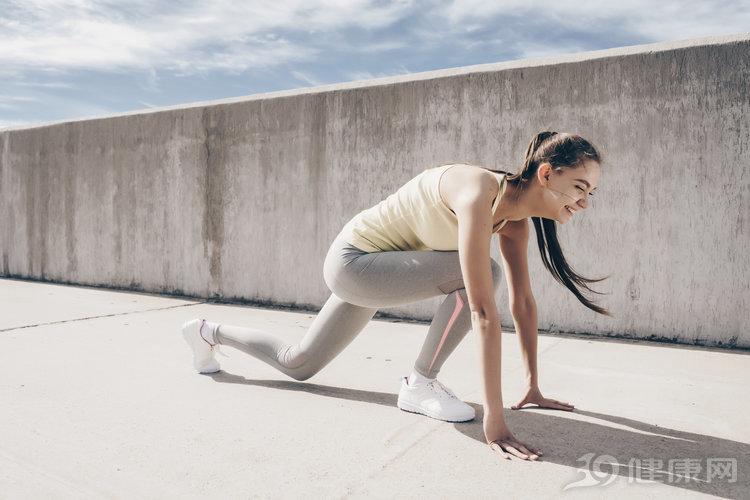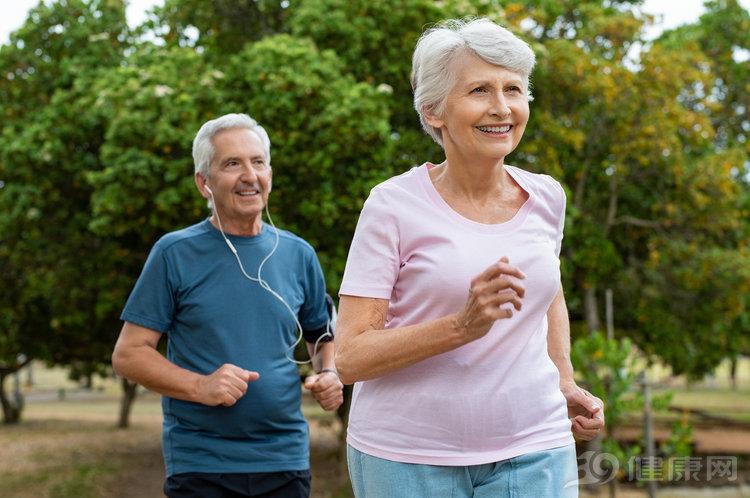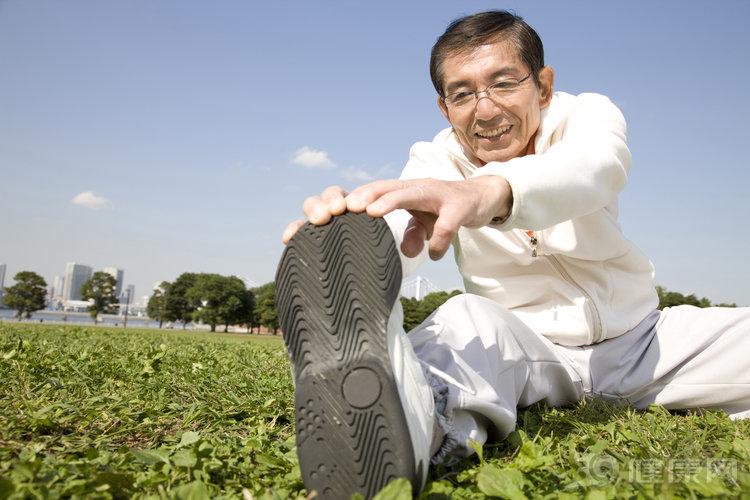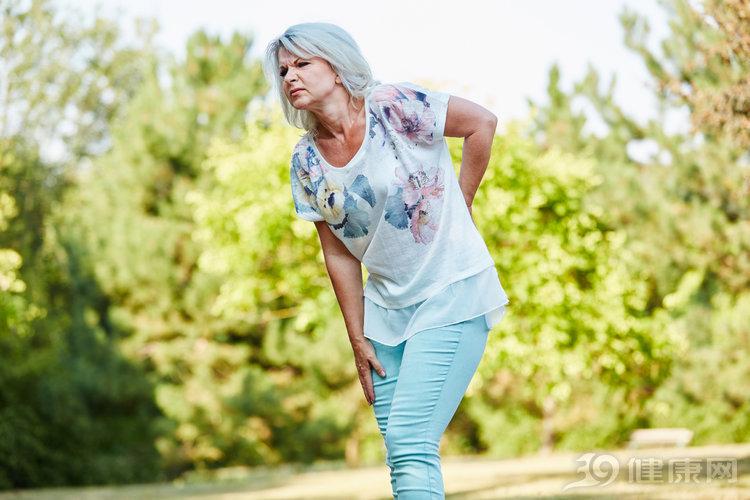If there is a "universal prescription" that can lower blood pressure, blood fat and blood sugar at the same time, prevent cancer and eliminate insomnia, it is exercise.
According to the World Health Organization,Lack of exercise has become the fourth largest risk factor for death in the world.Long-term lack of exercise will reduce the function of body organs and tissues by 30%.
In 2018, the National Cancer Institute of the United States conducted an 11-year follow-up study of 1.44 million people, and concluded that proper exercise can reduce the incidence of 13 kinds of cancers by more than 10%, and the relative life span will be longer.
How exactly does exercise change the body? How should we choose suitable sports?

The best health care secret for the body is not a panacea, but exercise, which has many benefits for our body.
Strong bones:Exercise can make bones grow and develop better, strengthen bones, and enable bones to bear greater loads. Persisting in exercise can enlarge the bony process attached to muscles, improve bone metabolism and blood circulation, improve the ability of bones to resist various changes, strengthen joint toughness, and prevent bone hyperplasia and muscle degeneration.
Promote blood circulation:Aerobic exercise, in particular, can increase cardiovascular blood output and enhance myocardial contractility, thus improving the blood circulation of the whole body and preventing the occurrence of arteriosclerosis. Exercise can protect blood vessels and reduce the risk of cardiovascular diseases.
Enhance lung function:Insisting on exercise can strengthen the respiratory muscles, expand the range of breathing movements, and increase the breathing difference, thus enhancing the vital capacity and lung function.

Help digestion and absorption:Gastrointestine is an important organ for human digestion and absorption, and exercise can help increase appetite, promote gastrointestinal peristalsis and blood circulation, promote the secretion of digestive glands, enhance the digestion and absorption ability of gastrointestinal nutrition, and strengthen the metabolic ability of the whole body.
Delay aging:When you reach a certain age, your body’s toughness and metabolic ability will begin to decline, and insisting on exercise can keep your joints flexible, delay muscle relaxation and make your body younger.
People at different ages can choose different sports according to the characteristics of their bodies at different ages, which can better reflect the role of sports.
20 years old:You can choose any high-intensity exercise, such as marathon, runaway and other high-intensity aerobic exercises, to reserve resources for good health;
30 years old:Choose high-intensity aerobic exercise or strength exercise such as mountain climbing and jogging, and pay attention to stretching ligaments before and after exercise;
40 years old:You should choose moderate-intensity sports, such as swimming, brisk walking, jogging, cycling, etc., and increase strength exercises;
50 years old:You can choose moderate intensity aerobic exercise, such as swimming, cycling and brisk walking, while maintaining moderate muscle strength exercise. For women of this age, you can do some flexibility exercises such as yoga to keep your body flexible;

60 years old:Exercise should focus on improving the quality of life, improving psychological endurance and preventing falls, and ballroom dancing, swimming and walking are all good choices;
70 years old:At this age, taking part in sports should be based on safety, and you can choose walking, Tai Chi, Qigong and other sports.
80 years old:The elderly should choose low-intensity exercise, slow and rhythmic, and can choose Tai Chi, Baduanjin and gateball.
Proper exercise for the elderly has many advantages, but because the elderly are older, there are many places to pay attention to in exercise, otherwise it is easy to walk into the following sports misunderstandings:
1. Is morning the best exercise time?
Many elderly people like to exercise in the morning, but the high content of carbon dioxide in the air in the morning is not an ideal exercise time. In addition, human blood is sticky in the morning, especially in cold weather, which is easy to cause cardiovascular diseases. Old people can choose to exercise in the afternoon.
2. Exercise immediately after meals.
Many people believe that a walk after a meal is good for digestion. However, exercise immediately after meals will lead to an increase in blood flow of skeletal muscles, which will affect digestive function. Long-term exercise after meals will easily lead to gastroptosis.

?You don’t need to exercise if you often do manual labor.
Often doing housework is limited to the activities of certain organs and organizations, which has certain limitations and even unreasonable activities. Only scientific and reasonable exercise can make all parts of the body, joints and muscles get full and comprehensive activities, and all organs can also get comprehensive exercise.
Exercise can bring people health and happiness, but don’t go into the misunderstanding of exercise, master the correct types and ways of exercise, and make your body more and more "young"!
# Breeze Project ##39 Healthy Super Group #
References:
1. Liu Jianyu. Misunderstanding of exercise health care for the elderly [J]. Friends of Science: Next, 2009 (11): 73-74.
2. Huang Huiming. Decryption of longevity: How to exercise at different ages? [J]. Contemporary Model Workers, 2014: 77.
3. Ouyang Jun. Physical benefits of exercise [J]. Health Guide, 2012,18 (4): 58-59.
Reprinting is prohibited without the permission and authorization of the author.